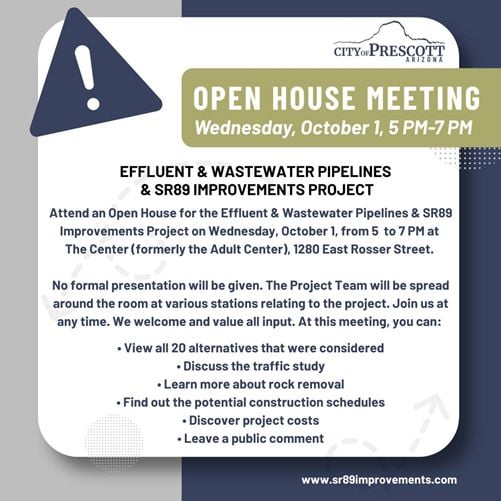If you’re a resident of California or Florida and have been injured while working on a large vessel at sea, you may be entitled to compensation under the Jones Act. This federal law provides a way for maritime workers to pursue claims for injuries caused by negligence while at sea. Understanding how to file a Jones Act claim is crucial for anyone who has been hurt during their sea work duties. This guide will walk you through the types of evidence needed to support your case and help you navigate the process of securing fair compensation. If you’re wondering how to file a Jones Act claim, we’ve got you covered with essential steps and insights to ensure you have the best chance of success.
Medical Documentation
One of the most critical elements in a Jones Act claim is medical documentation. Injured workers must seek immediate medical attention, as timely treatment not only aids recovery but also creates a vital paper trail. Medical records, including doctor’s notes, diagnostic tests, and treatment plans, paint a clear picture of the injuries sustained. These documents serve as compelling evidence to link injuries directly to the incident, strengthening the claim’s credibility.
Eyewitness Accounts
Witness statements are crucial for supporting claims of negligence in incidents like accidents at work sites. When colleagues who witnessed the event share their observations promptly, they can provide the injured employee’s perspective on what happened, keeping details clear and precise in their minds. Testimonies from witnesses can enhance the case by presenting a balanced perspective on what took place.
Incident Summaries
An accident report is vital when filing a Jones Act claim. It should include information about what happened before the accident and details about the accident and its aftermath. Essential details to include are the weather conditions, equipment used, and safety precautions taken at the time. This comprehensive documentation can demonstrate negligence by highlighting any failures to follow safety procedures.
Photographic Proof
The use of photographic evidence is commonly seen as valuable. Images captured after an incident can illustrate aspects of the accident site, injuries, and any hazardous conditions present at the time. These pictures provide a depiction of the situation that can influence a courtroom setting. Maintaining a clear photographic record strengthens the argument by supporting written descriptions.
Work History Records
Employment documents are essential for supporting a Jones Act case. They provide information about job responsibilities and the safety protocols that an employer must follow to ensure employee well-being.
Records of Inspections
Demonstrating negligence relies on showing that an employer failed to maintain a proper work environment. Records of equipment and vessel maintenance, as well as inspections related to the incident, can reveal shortcomings in checks or repairs. Disregarding safety regulations can establish the employer’s liability for the injury.
Witnesses with Knowledge
In complex Jones Act cases, expert witnesses may be needed to provide their specialized insights on matters such as maritime safety rules and regulations, equipment functionality, or medical assessments. These professionals’ unbiased analyses can clarify technical nuances that could be misinterpreted, thus enhancing the depth and credibility of the claim.
Legal Advice
Handling a Jones Act claim can be quite challenging without the assistance of a professional who thoroughly understands the law and can guide you through the process smoothly and effectively—from gathering evidence to negotiation and even court representation if necessary.
Summary
Creating a solid Jones Act claim requires diligent groundwork and strong proof-gathering efforts. Medical documentation, witness statements, accident records, and photographic evidence serve as the foundation of a persuasive claim. Work history and maintenance logs additionally strengthen the argument by showcasing negligence. Specialists providing testimony and legal advice assist in navigating the complexities of maritime law.
How useful was this article ?
Click on a star to rate it!
Average rating 0 / 5. Vote count: 0
No votes so far! Be the first to rate this post.
We are sorry that this post was not too useful for you!
Let us improve this post!
Tell us how we can improve this post?















